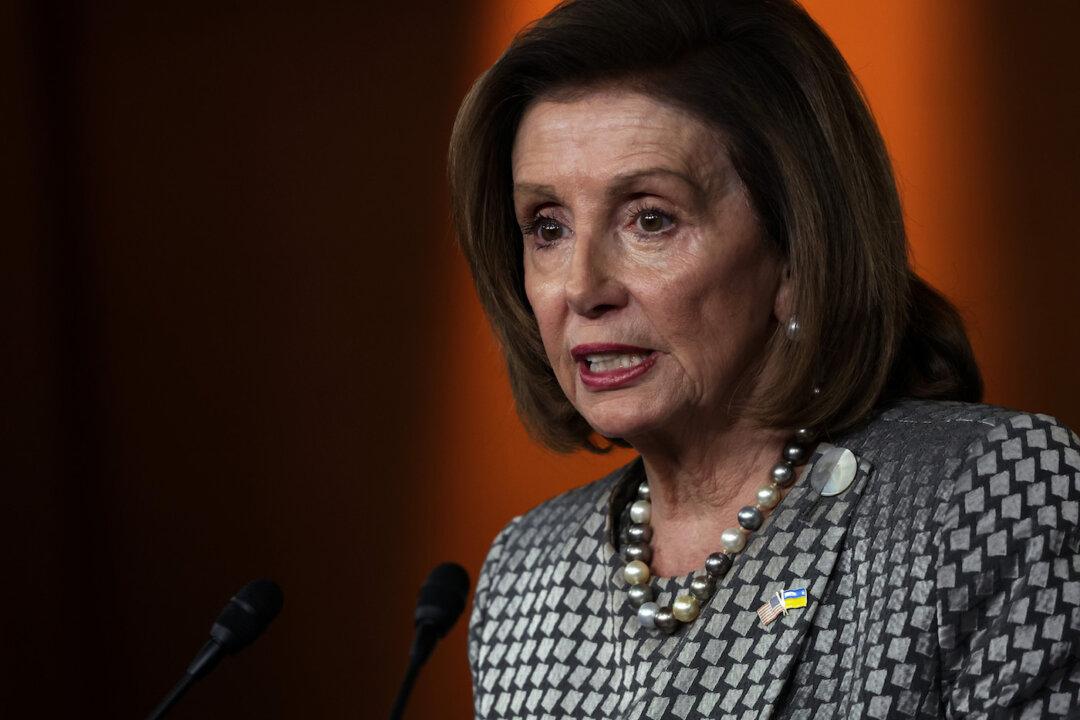Democrats in the House of Representatives on May 17 unveiled a $28 million bill aimed at addressing ongoing shortages of baby formula across the United States.
Over the past few weeks, parents across the country have found supermarket and grocery store shelves bare of any baby formula, a necessity for many mothers who don’t breastfeed their children.





